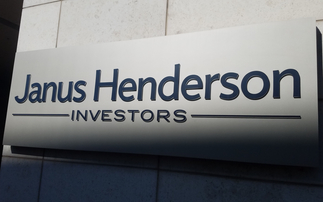"How do you explain the value of active management?" I asked Richard Buxton last year in my book Intelligent Investors: how top fund managers think about the way they manage our money. It was a question I asked many of the 20 or so managers I interviewed for the book - and of course they came out with a variety of very interesting and well-argued explanations.
In my opinion, however, Buxton articulated it better than most and more succinctly too, quickly reaching the heart of the issue of value in active management. His answer: "4% per annum outperformance since launch net of fees'". He was referring to the performance of the Schroder Alpha fund he previously managed, because his present OMGI fund did not have a long enough track record at the time to make a fair assessment.
Simply addressing the elements of Buxton's answer does not require you to be an investment professional and immediately gets to the nub of what Mrs Miggins wants from her investment. She wants - I speak for her here as we all seem to in the financial services arena - a decent return over the medium to long term, after the fund manager has taken out their charges.
In Buxton's case, he popularised the Alpha strategy and delivered returns that people would expect associated with the word ‘alpha' - even if it is a whole other debate as to just how many people really understand what alpha means.
But let's stick to the point. Active management is about creating genuine alpha after fees. The tricky bit is deciding over what time period and whether it is worth the risk.
Too many fund managers claim they actively outperform - the problem is their track records and investing careers are too short and often they do not themselves understand the real risk they have taken, let alone whether this risk is understood by Mrs Miggins or her adviser.
I am a great believer in active management and the value of active management, but too often we all selectively choose too short a time period to explain that value. Call me old fashioned but the minimum for that analysis should be a market cycle - and that is not three years but more like five to seven.
Frankly if a fund manager has not invested through a real bear market can they really have claimed to have delivered value?
Lawrence Gosling is the founding editor of Investment Week
Now you have read Lawrence's, Professional Adviser is keen for you to tell us your own thoughts on active and passive investing and, along the way, for you to cast your vote for either side of the debate. You can change your vote at any time, and we will be sharing the results at the end of the week.












